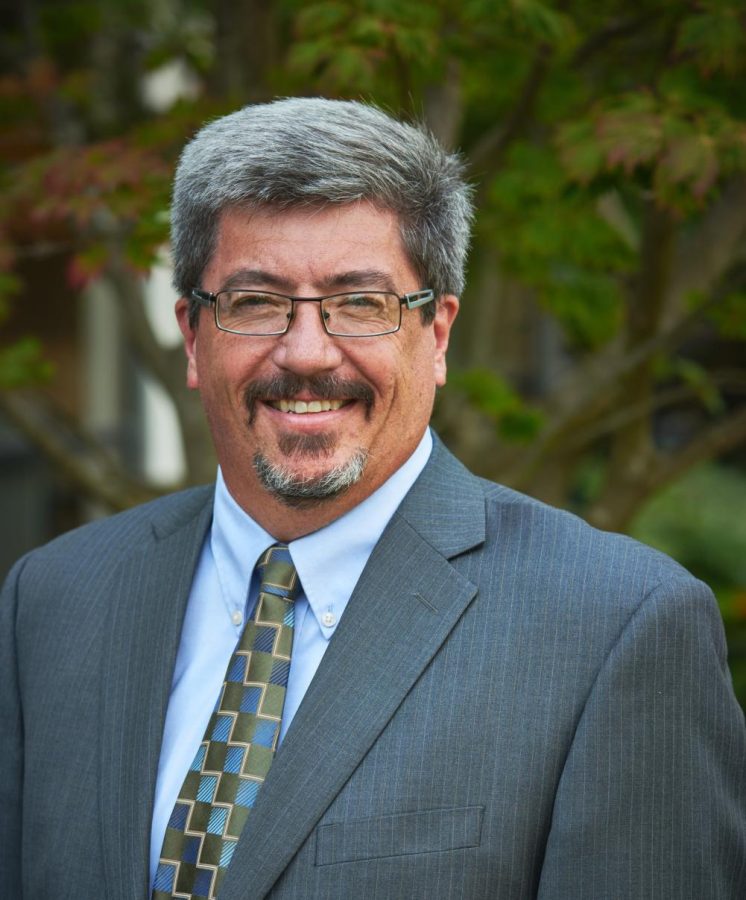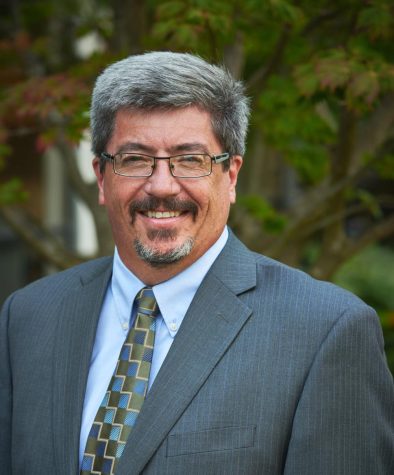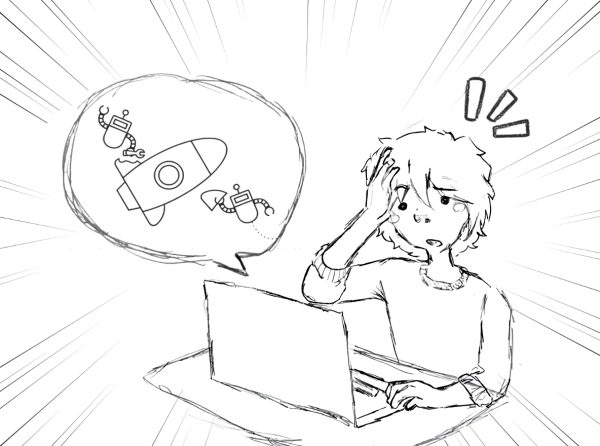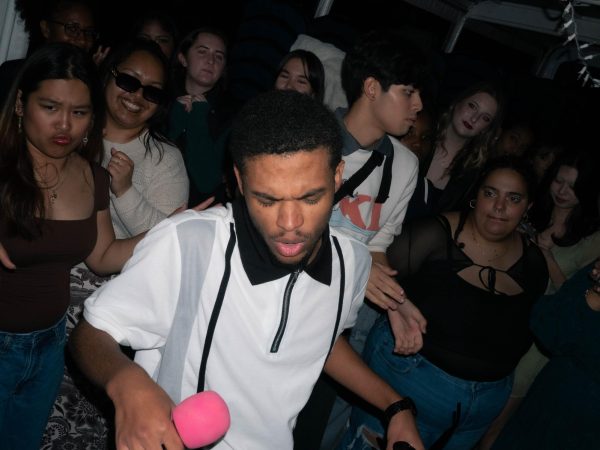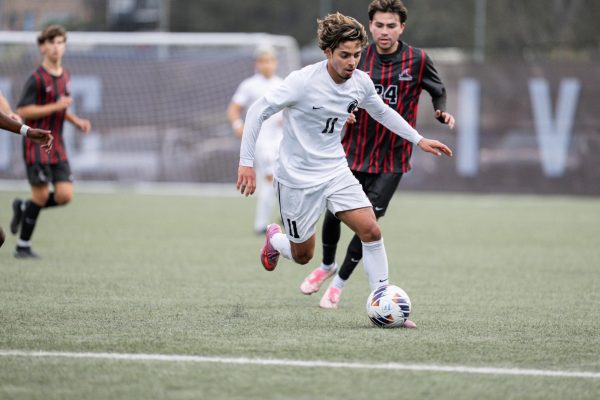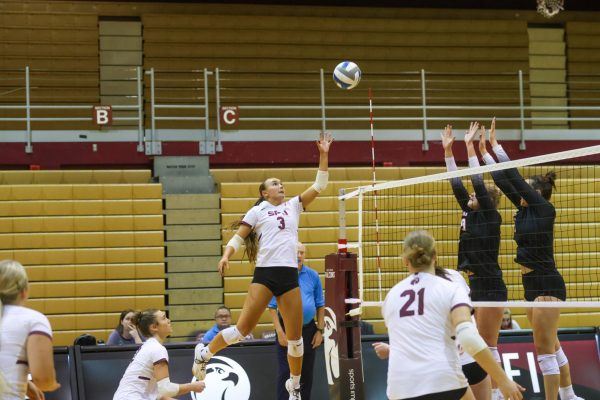Presidential candidates shaky on LGBTQ support
Queer SPU students weigh in on what this election means for the LGBTQ community
October 28, 2020

Many queer students at Seattle Pacific University are concerned about how the 2020 presidential candidates will or will not support their rights as LGBTQ people. How will President Donald Trump and former Vice President Joe Biden try to affect change, if elected into office?
First, one must consider both their records and their plans for the next four years.
“Actions speak louder than words and you really have to look at what they’re doing for that community,” junior Courtney Peril, who is bisexual, said.
Trump’s campaign website features a page titled Trump Pride, on which the campaign claims that the president “stands in solidarity with LGBTQ citizens by supporting … policies … that protect the wellbeing and prosperity of all gay, lesbian, bisexual, and transgender Americans,” including a global initiative to decriminalize homosexuality and plans to fight HIV/AIDS.
Many LGBTQ activists are very skeptical of whether such initiatives have been effective or mere lip service.
“[President Trump] makes a lot of interesting claims, [but] none of them are real, anyone could say anything,” said senior Leah Duff, who is bisexual. “I want to say he’s a joke to me, but that’s not necessarily true because he’s also a threat to me.”
According to reporting from Vox, starting in 2017, the administration began a long judicial battle aiming to ban transgender individuals from serving in the military, proposed policies that allowed federally funded homeless shelters to turn away transgender people, and allowed federally funded adoption agencies to reject gay couples.
USA Today also reported that the Trump administration “flat funded HIV/AIDS work globally, and pushed for exemptions that would allow health care providers to refuse care to transgender people and those with HIV/AIDS.”
For a campaign that purports a plan to end the HIV epidemic, such policies arguably run contrary to the campaign’s assertions of “promises made, promises kept.”
After four years of this, Sophomore Jojo Ngyuen, who is non binary, finds it disheartening to think any queer person would even consider voting for Trump.
“There is a lot of harm that comes with Trump’s platform,” Ngyuen said, in reference to judge Amy Coney Barrett, who was appointed by Congress to the supreme court. “There’s no denying that, especially with his willingness to work with other politicians that are going to take away our rights.”
Biden’s website, on the other hand, includes numerous plans his campaign argues will support the queer community including expanding access to health care, ensuring fair treatment of LGBTQ people in the criminal justice system, and working to end violence against transgender women of color.
Vice President candidate Kamala Harris has been an outspoken supporter of LGBTQ rights since 2004 when she officiated same-sex marriages as district attorney of San Francisco. Senator Harris blocked gender affirming medical care from transgender inmates in 2015, but has since taken responsibility.
Duff is concerned about inconsistencies in the platforms of the candidates.
“I don’t think that a shift in politics is sincere, it’s for points. Being a good person is easy. Anyone can do things that they should do in terms of morality. I don’t know if their plan is going to happen, it seems very vague to me,” Duff said.
Even so, the contrast between Trump’s campaign, which has few explicit plans for LGBTQ people, and Biden’s campaign, which purports a larger number of tangible goals they hope to accomplish, is notable to young voters.
According to students, the jury is still out on what a Biden presidency could look like, but many feel that Trump’s first term has been damaging to the extent that settling for Biden is a better alternative to another four years of the current administration.
“I don’t think that we have a candidate that is fully in support of LGBTQ rights,” Duff said. “But it’s what we’ve got, I suppose.”

